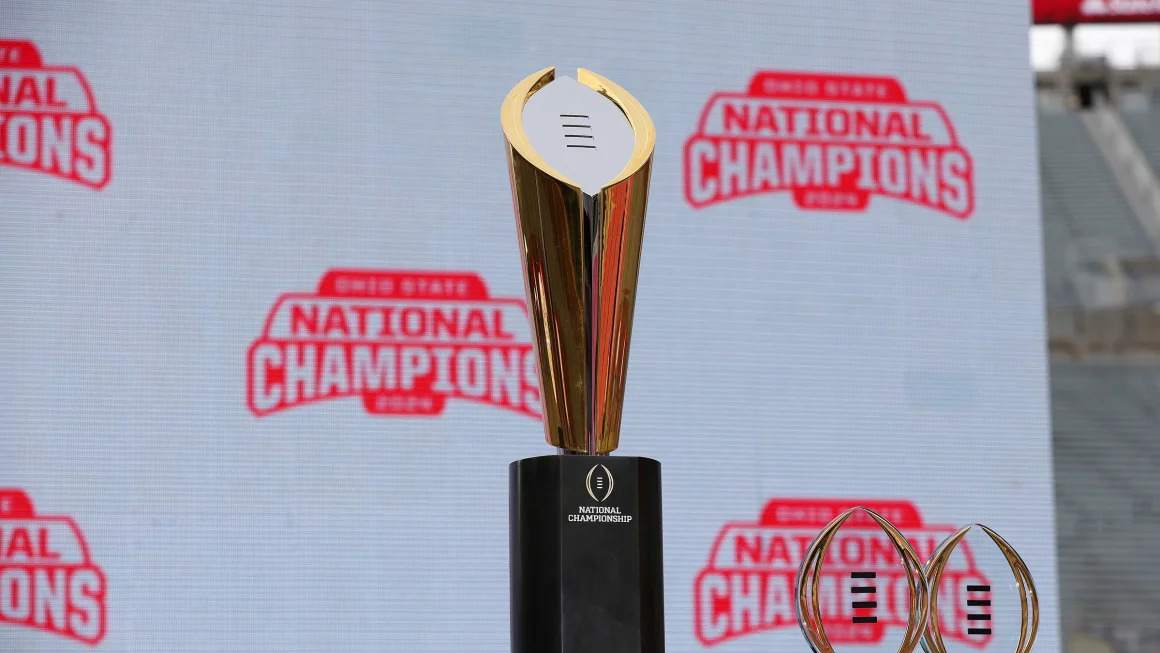More changes are coming to the College Football Playoff
The College Football Playoff is scrapping its current seeding format and handing the keys to the SEC and Big Ten starting in 2026. What’s changing now, what’s coming next, and why it matters.

Crop rotation, but make it football: The CFP is changing its seeding model. The playoff management committee last week unanimously voted to adopt a straight-seeding approach, where all 12 teams are ranked in order of the final playoff rankings of the regular season.
In practice: This means no more first-round byes for the four highest-ranked conference champions. However, everything else about the playoff will remain the same, including the financial payouts and first-round games being played at the higher-ranked school’s campus.
But it probably won’t stay this way for long
In spring 2024, when planning the future of the CFP, the Big Ten and SEC—the big dawgs of college football—threatened to walk away and create their own postseason system if they weren’t granted a majority of CFP revenue and full control over the playoff format.
And this hardball tactic worked. Execs of the 10 FBS leagues and Notre Dame eventually signed a memorandum of understanding handing control over to college football’s two richest conferences starting in 2026 (the season after next), when the CFP’s six-year, $7.8B media rights deal with ESPN kicks off.
What could change: The Big Ten and SEC have been pushing to expand the playoff to either 14 or 16 teams (from 12 currently), with multiple automatic qualifiers per conference—including four each for themselves.
- The 14-team format has been described as a 4-4-2-2-1+1 model, with the top two seeds receiving first-round byes. There would be no byes in a 16-team structure.
- Under these models, each power conference would need to establish the way in which they qualify their teams for the automatic berths, Yahoo Sports reports—potentially throwing conference championship games into flux.
In other college sports news: The Nick Saban-co-headed presidential commission has been put on hold, as the House v. NCAA settlement remains in limbo and the Senate negotiates over ongoing college sports legislation.


